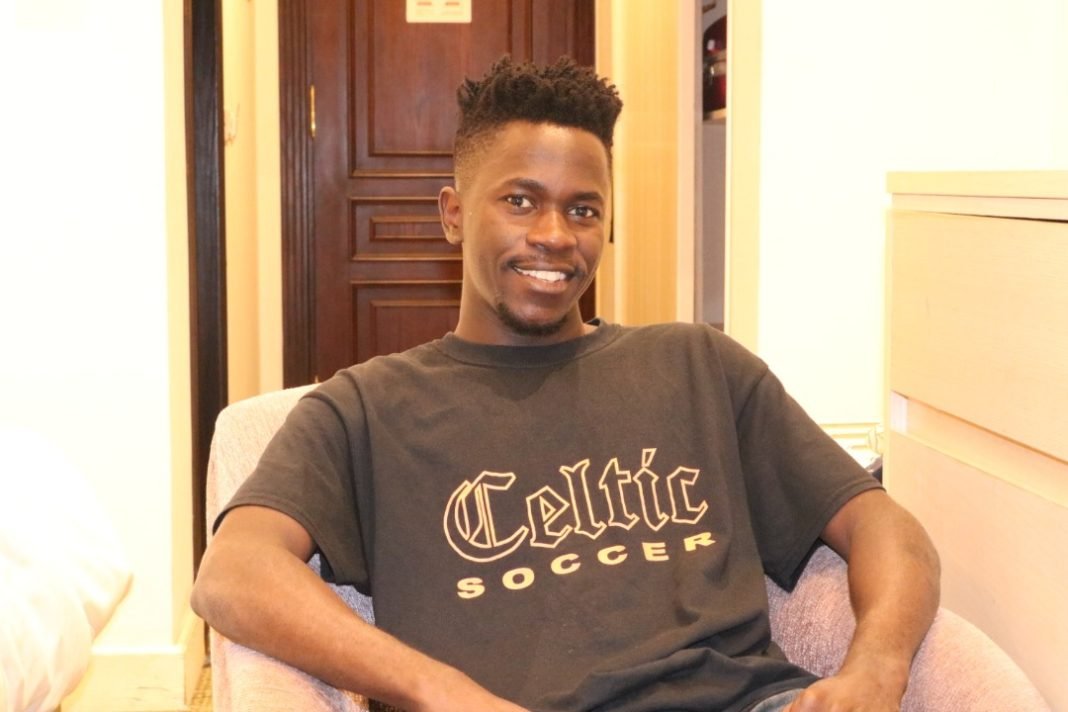Startup Africa had an amazing interview with the founder and CEO of Mawejje creations, a recycling company focused on turning banana waste into the banana fiber to create different artistic products.
SAN: For those who don’t know you, who is Mawejje Muhammed Dimma?
MC: I’m Mawejje Muhammed Dimma, a professional chef and a specialist in waste management living in Kampala. A social entrepreneur passionate about social change, innovation and banana fiber value addition with over 3 years experience in this field. I have worked with a number of companies in the waste management sector which has shaped me to be resilient in this industry. I am a Visionary Leadership Award Nominee and Young African Leaders Award Finalist 2019. It was of honor to be the most outstanding YALI network member 2018 during the YALI AWARD DINNER which was organized by YALI RLC Ugandan Chapter. I’m also a chef and operations manager of Rafiki catering service and team leader of Mawejje Creations, a social business and banana fiber center focusing on developing affordable banana fiber products to reduce banana waste. we also enable banana growers to earn extra income to sustain themselves while creating job opportunities for disadvantaged youth and women in rural communities of Uganda through banana fiber production, incubation, and hands-on skills training.
 SAN: Could you Give a detailed description of your business and operational
SAN: Could you Give a detailed description of your business and operational
model.
MC: Mawejje Creations is a social business enterprise that focuses on recycling and developing affordable banana fiber products, which includes table mats, curtains, and papers. Our products are sold to households, craft shops, restaurants, tourists and individuals in and around Kampala, Uganda. We enable banana growers to earn extra income while creating job opportunities for disadvantaged Ugandan youth and women in rural communities through banana fiber production, incubation, and hands-on skills training.
We also equip banana growers with extraction skills where they are able to extract banana waste into banana fibers. We purchase the fibers from them at a fair cost where we directly engage youth and women in creativity, recycling of banana fibers into products of value. We are able to involve in our end-buyer (who pay or buy our services and products) i.e. households, crafts shops, tourists, textile and fashion industries; depending on the preference and choice.
SAN: What challenges in the Waste sector is your company trying to
address and what is your company’s unique value proposition?
MC: Uganda produces about 9 million tons of bananas annually, next to India; thus creating tons of waste in the form of stem and stocks, which have been left over to decompose, emitting a huge amount of methane gas and carbon dioxide to the atmosphere. These emissions have a negative impact on the environment. Currently, in Uganda, there is a problem of wastage and unprofessional recycling techniques due to the limited expertise we have today. Mawejje Creations is also providing jobs to rural youths while building their entrepreneurial skills hence causing a reduction in the unemployment rate. We directly engage the local farmers and youths in rural communities in creativity, recycling of banana waste into banana fiber; generating income without using a chain of middlemen.
SAN: What is your estimated market size?
MC: Our direct market is central Uganda, which has 24 districts with an approximate population of 10 million people (National Census 2016). Our recycled products are bought by households, craft shops, restaurants, tourists and individuals. Our services are used by youth and women from low- income communities. We target to serve all the four regions of Uganda and then expand within Africa in the next 5 years with both our products and services.
SAN: How is your initiative different from other ventures in banana waste  management?
management?
MC: Our competitors are Texfad, Green Initiative, and Banjunu & Sons Crafts. However, our competitors technically don’t count as competitors, as we see them as worthy rivals because their strength reveals our weakness, which is vice versa; whereby some of them supply us with raw materials that we use in recycling since they are unable to do the recycling by themselves, as we work directly with youth in the community. Describe your growth plans for the next 2-5 years. We currently produce products but on a small scale. We employ 3 full time and 14 part-time young people at our recycling plant. We have trained over 36 young people with skills in waste recycling and management hence they
are able to earn income by themselves. Our big plan comes in the next 2-5 years is to acquire a heavy-duty banana fiber recycling machine that will increase the volume of production to serve the increasing demand for our products. This means increases in employees and efficiency hence improved product quality and reduction in unemployment.
How would you describe the impact your venture is currently creating?
MC: Mawejje Creations provides jobs directly to 17 young people and indirectly to over 52 people who sell our products for a commission. This has contributed to self-employment hence reducing the rate of unemployment in young people. It has also increased the incomes of young people in our community since they are able to put food on a plate. Our products are sold at an affordable price compared to similar products on the market. This reduces the expenditures of people hence they are able to do more things in the cash they save. Our products are recycled from waste products from banana plantations. This means reducing the climate change effects caused by waste accumulation. Through the workshops and youth training that we conduct both in waste management and agriculture, we contribute to the skilling of young people in our community hence bridging the knowledge gap. Also, it is through these training that young people are inspired to start their own income-generating ventures and this is helping change the face of our community. Mawejje Creations encourages women’s involvement in waste management activities including existing farmers whose products are bought to help them gain an income from their garden wastes.
SAN: What advice do you have for new startups in the waste to value industry?
MC: Be open-minded, define your WHY critically and find out good mentors, researchers to support and walk a journey with you.
Quote from Simon Senik interview “You don’t need to have a vision, We are not all visionaries like Steve Jobs and Gates but we have to find one vision and we make it ours”


































Wow this is MC: we can actually have atime and invite you for a rotaract presentation to widen your market.